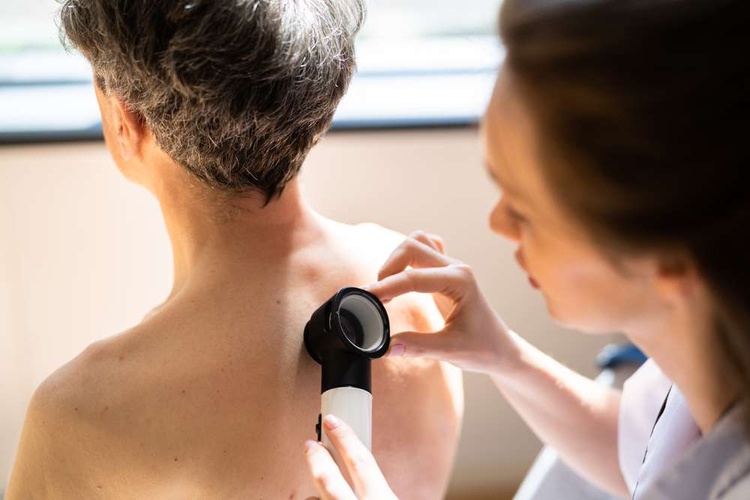A Step-by-Step Guide on How to Participate in Liposuction Clinical Trials in 2025
Participating in liposuction clinical trials can provide access to innovative treatments while contributing to medical research advancement. These studies evaluate new techniques, technologies, or approaches to fat removal procedures. Understanding the participation process, eligibility requirements, and potential benefits helps individuals make informed decisions about joining these research initiatives that may offer reduced-cost treatment options.

Understanding Liposuction Trial Eligibility Requirements
Clinical trial eligibility varies significantly between studies, but common requirements include specific age ranges, typically 18-65 years old, and particular body mass index parameters. Participants usually need targeted fat deposits in specific areas like abdomen, thighs, or arms. Medical history plays a crucial role, with researchers often excluding individuals with certain conditions like bleeding disorders, heart disease, or diabetes complications.
Most studies require participants to maintain stable weight for several months before enrollment. Previous cosmetic surgeries in target areas may disqualify candidates, depending on the study protocol. Pregnancy, breastfeeding, or plans for pregnancy during the study period typically exclude participation. Some trials focus on specific demographics or require participants who haven’t responded to traditional diet and exercise approaches.
Benefits of Joining Liposuction Research Studies
Research participants receive comprehensive medical monitoring throughout the study period, including detailed pre and post-procedure assessments. This thorough care often exceeds standard treatment protocols. Participants contribute to advancing cosmetic surgery techniques, potentially helping future patients access improved procedures.
Access to cutting-edge technologies represents a significant advantage, as trial participants may receive treatments using the latest devices or techniques before they become widely available. The structured follow-up care in clinical trials often provides longer-term monitoring than traditional procedures. Additionally, the rigorous documentation and assessment protocols ensure high-quality care standards throughout the research process.
Steps to Participate in Clinical Trials
The participation process begins with identifying relevant studies through clinical trial databases like ClinicalTrials.gov or contacting research institutions directly. Initial screening involves completing detailed health questionnaires and providing medical history documentation. Qualified candidates proceed to in-person consultations where researchers explain study details, procedures, and expectations.
Informed consent represents a critical step, requiring participants to understand all aspects including potential risks, benefits, and time commitments. Medical examinations, laboratory tests, and imaging studies follow to confirm eligibility. Once accepted, participants receive detailed schedules outlining pre-procedure requirements, the intervention timeline, and follow-up appointment dates. Throughout the study, participants must adhere to specific guidelines and attend all scheduled assessments.
Liposuction Trial Costs and Reduced-Price Options
Clinical trial participation often provides significant cost advantages compared to standard procedures. Many studies cover all treatment-related expenses, including the procedure itself, medications, and follow-up care. Some trials offer procedures at substantially reduced costs, making treatments accessible to individuals who might not otherwise afford them.
| Study Type | Typical Cost Coverage | Patient Responsibility | Estimated Savings |
|---|---|---|---|
| FDA Device Trials | 100% procedure costs | Time commitment only | $5,000-$15,000 |
| Technique Comparison | 75-100% coverage | Travel expenses | $3,000-$10,000 |
| Post-Market Studies | 50-75% coverage | Partial procedure fees | $2,000-$7,500 |
| University Research | Variable coverage | Consultation fees | $1,000-$8,000 |
Prices, rates, or cost estimates mentioned in this article are based on the latest available information but may change over time. Independent research is advised before making financial decisions.
How to Find Clinical Trial Resources
Multiple resources exist for locating liposuction clinical trials. ClinicalTrials.gov serves as the primary database for federally and privately funded studies, offering advanced search filters by location, condition, and study type. Major medical centers and universities frequently conduct cosmetic surgery research, making their websites valuable resources for current opportunities.
Professional organizations like the American Society of Plastic Surgeons maintain research databases and can provide referrals to ongoing studies. Medical device companies often sponsor trials for new technologies and may list opportunities on their websites. Social media groups and online forums dedicated to cosmetic procedures sometimes share trial opportunities, though information should be verified through official channels.
Consulting with plastic surgeons or dermatologists in your area can provide insights into local research opportunities. These professionals often maintain relationships with research institutions and may be aware of upcoming studies seeking participants.
Conclusion
Participating in liposuction clinical trials requires careful consideration of eligibility requirements, potential benefits, and time commitments. The structured approach to finding and joining studies ensures participants understand all aspects of research involvement. While these opportunities can provide access to innovative treatments and cost savings, success depends on meeting specific criteria and following study protocols diligently. Thorough research and consultation with healthcare professionals help determine whether clinical trial participation aligns with individual treatment goals and circumstances.
This article is for informational purposes only and should not be considered medical advice. Please consult a qualified healthcare professional for personalized guidance and treatment.




